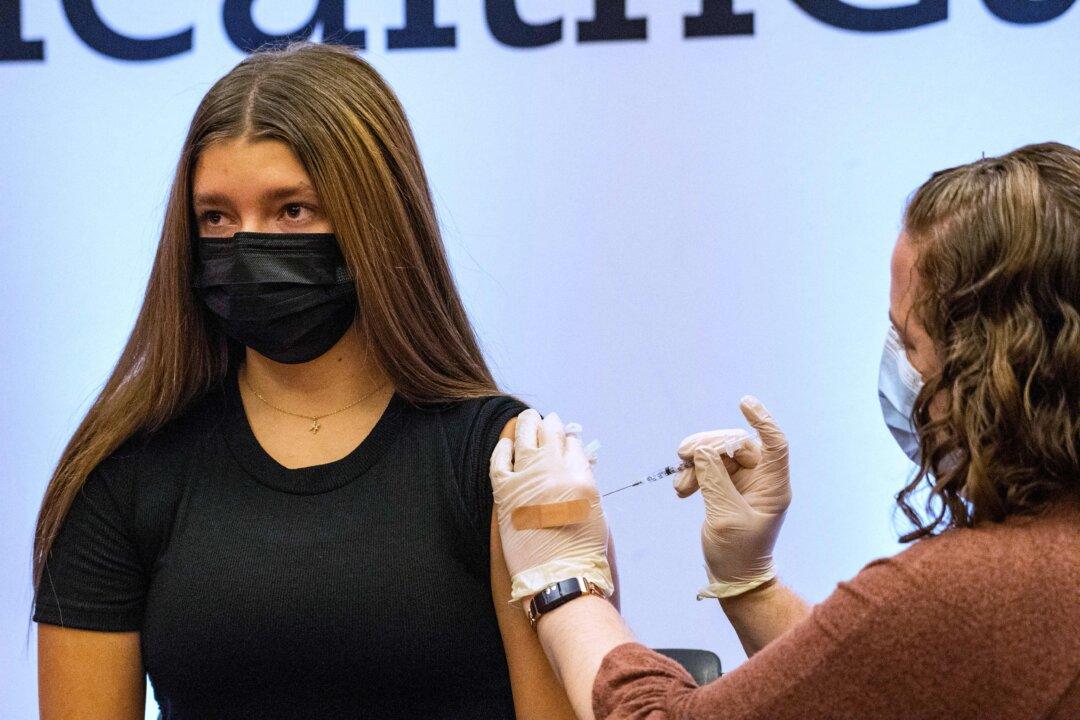An Israeli study found that a fourth dose of the Pfizer COVID-19 vaccine doesn’t offer long-lived protection against the Omicron variant of the CCP virus.
Using Ministry of Health data on more than 1.2 million people, researchers found that a second booster dose of the BioNTech-Pfizer vaccine offered protection against significant COVID-19 infections for six weeks. But protection against all virus infections started to drop quickly after four weeks and nearly disappeared after eight weeks, according to the study, which was published in the New England Journal of Medicine.





